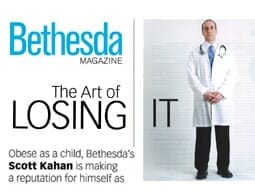Overview
Do you have a food addiction? How do you know? Is food addiction different than binge eating, emotional eating and compulsive overeating?
If you have a food addiction to certain foods (substance addiction) and/or an addiction to certain ways of eating (process addiction), what do you do about it?
These are complicated but potentially very important questions. Research indicates that sometimes very overweight people have lower levels of dopamine in the “reward” areas of their brains. This change is a marker associated with all addictions. Chronic exposure to certain sugary-fatty-salty food combinations seems to create a cycle which requires more and more of these foods. Moreover, other studies suggest that when people stop eating certain foods, they do indeed suffer “withdrawal” symptoms.
We’ll explore the emerging science of food addiction, discuss answers to the questions above, and help you think about how they might apply to you.
Who should attend
- Anyone who wants to know more about food addiction
- Anyone who’s looking for new ways to understand and manage their eating behaviors
This session is led by:
Bill Picon, Ph.D. and Ben Bronheim, M.D.
When
- Four sessions on Tuesday evenings
- April 9, 16, 23, 30
- 6:00 -7:30 p.m.
How to register
- Register at the front desk in person
- By phone (202) 223-3077
- Register by email









